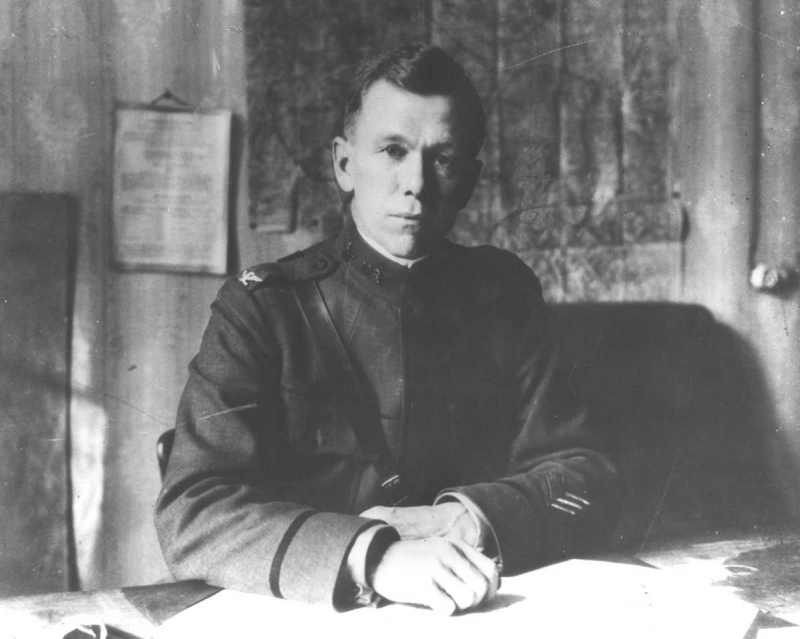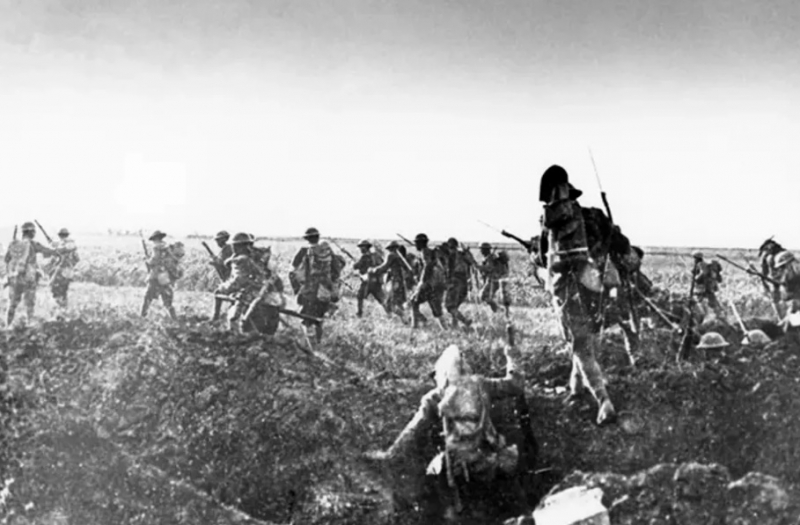Marshall received recognition for his role in planning the Battle of Cantigny
One of the most interesting facts about George Marshall is that Marshall received recognition for his role in planning the Battle of Cantigny. Marshall served with the 1st Division on the fronts of St. Mihiel, Picardy, and Cantigny after arriving in France. The commander of the American Expeditionary Force, John J. Pershing, inspected the 1st Division in late 1917. Pershing, unimpressed by what he saw, began to scold division commander William L. Sibert in front of Sibert's staff. Sibert remained silent on the matter of Pershing's criticism, but when Pershing turned his attention to the division chief of staff, Marshall angrily interceded to alert Pershing about logistical and administrative challenges that Pershing was unaware of. Marshall also notified Pershing that the AEF staff had been unhelpful in dealing with the difficulties. Marshall's courage to challenge Pershing had likely cost him his career, according to the division commander and his staff. Instead, Pershing began to seek Marshall out and seek his advice.
Marshall received praise and admiration for his role in organizing the Battle of Cantigny, which took place from May 28 to May 31, 1918. Marshall's triumph was the first important American victory of the war. Marshall traveled alone under cover of darkness to personally observe and mentally map the area as part of his pre-attack planning. Marshall frequently walked beyond the front lines and into no man's land, often under friendly artillery fire and risking discovery and capture by German troops. He was injured on May 26 while traveling to many subordinate units for pre-attack coordination. Marshall's horse faltered, collapsed, and rolled over as he exited the division headquarters area; his left foot got trapped in the stirrup, and he suffered a severe sprain and bruise. Marshall's injured ankle and foot were taped together by a doctor so he could escape medical evacuation and stay with the division to oversee the attack. Marshall was given the Citation Star for his bravery during this engagement in 1920.









